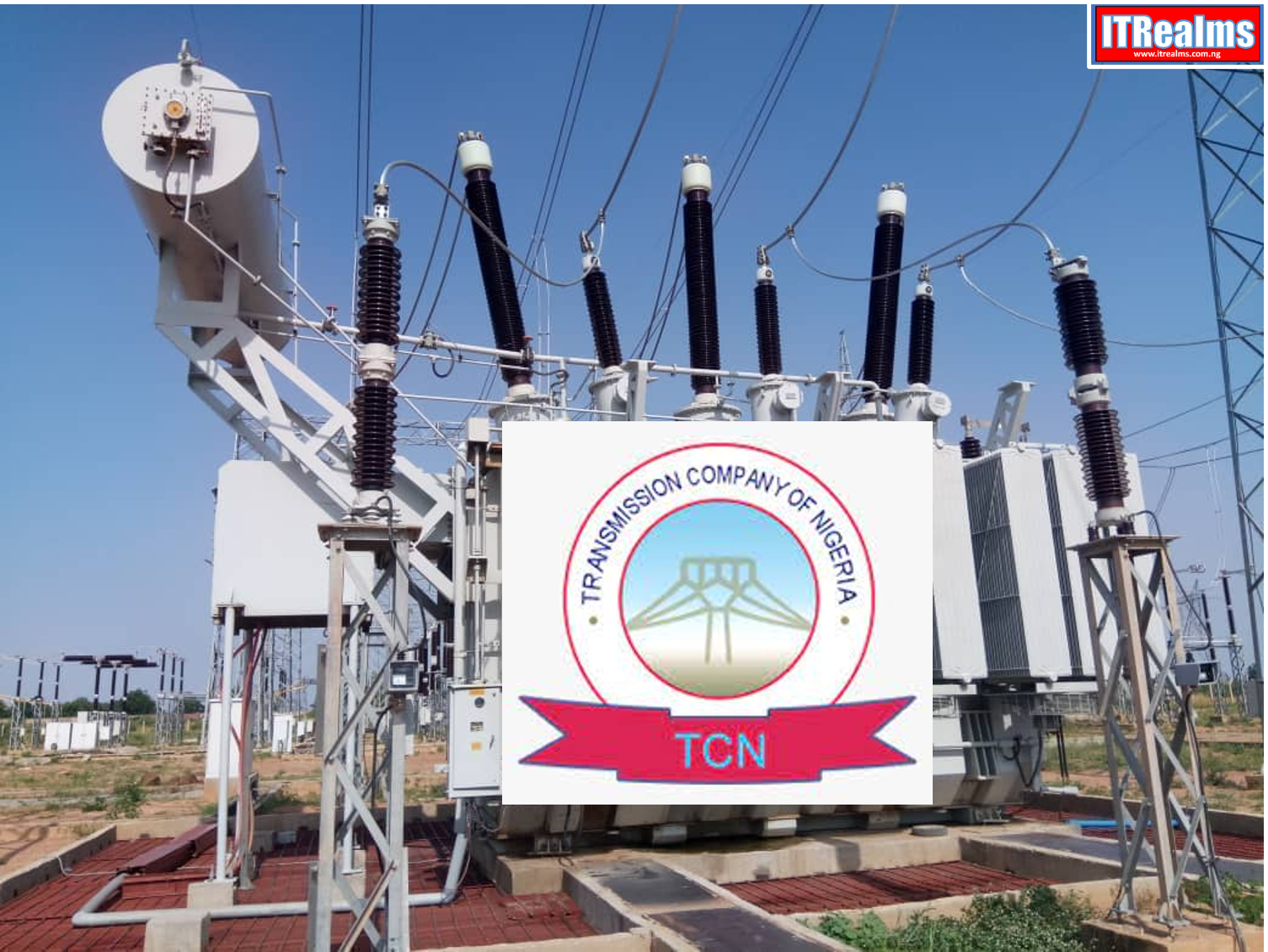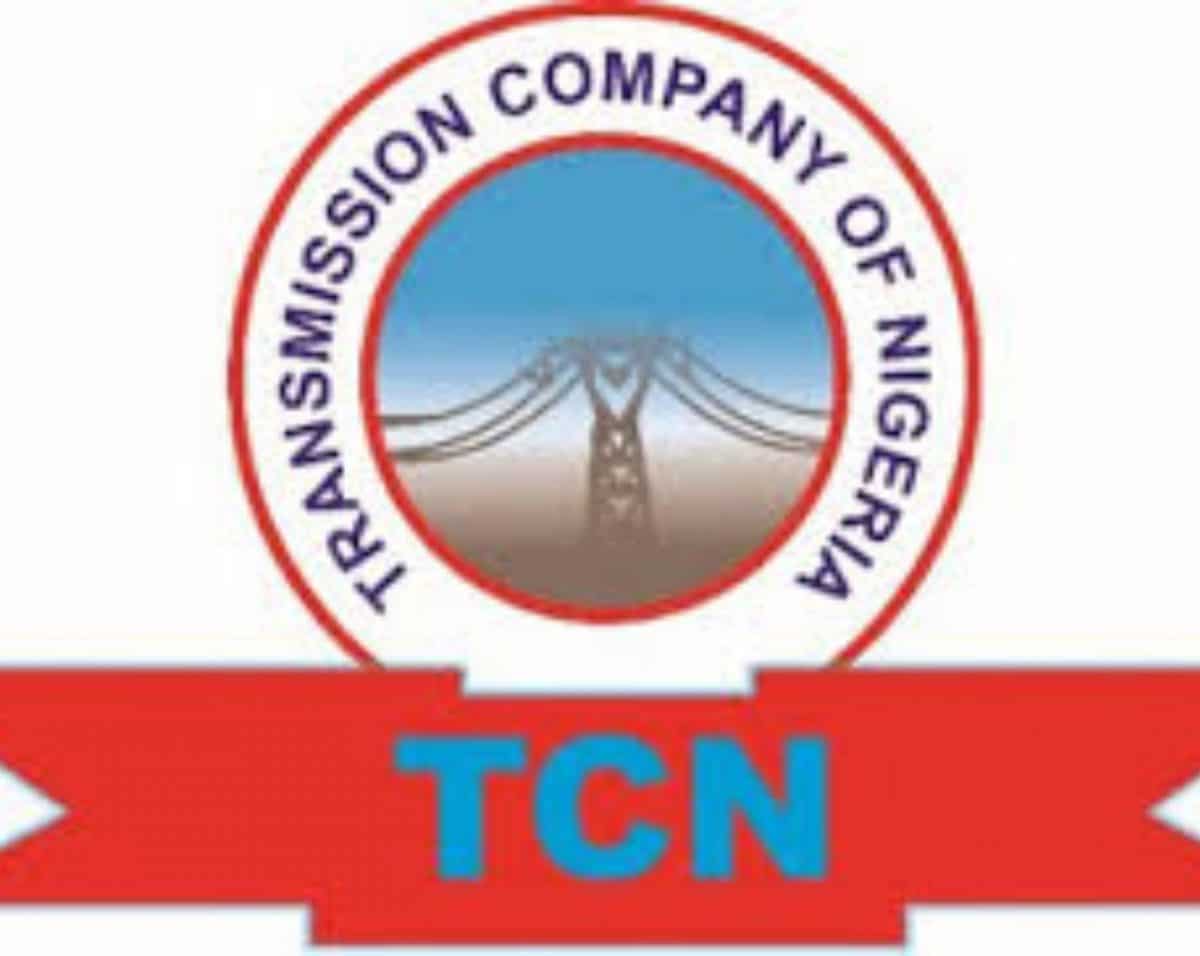Energy
Eko DisCo earmarks N18b for capital expenditure
Chief Executive Officer, Electricity Distribution Company (EKEDC), Dr Tinuade Sanda, says the company has earmaked N18 billion for capital expenditure for the year.
Sanda said this at a news conference on Thursday in Lagos.
She said the company would focus more on rehabilitation of equipment within its network, assets replacement and also improve on service delivery.
According to her, the company’s capital expenditure plan for the year will cost about N18 billion.
“Last year, we also spent close to that and it’s expected we spend within that range because we have a lot to do on customer satisfaction.
“We will continue network rehabilitation that we embarked upon, it is until that is done that the consumer will feel the impact of the improve service delivery,” she said.
The CEO said the company was making efforts to improve electricity supply to its customers, and that it was currently reinforcing its network and exploring embedded generation to complement supply from the national grid.
She said the company had a drive towards improving customer service in 2023.
“Our focus is effective service delivery to consumers within our network.
“In 2022, the company implimented metering regulation and also drove the regulations.
“In the last three years, the Disco grew the customer data base by additional 93,000 customers.
“As at December 2022, we closed with about 660,000 customer base,” she said.
On vandalism in 2022, she noted that the company recorded huge vandalism of power equipment, while the Lagos State government and security agencies were involved in equipment protection.
According to her, some arrested vandals are being prosecuted.
“As at last counting, we lost about N2.5 billion, but if we evaluate it with the current price of cable it’s worth over N5 billion,” she said.
Sanda said Ministries, Departments and Agencies (MDAs) owed the Disco over N40 billion as at December 2022, while the total debt profile of the company stood at over N116 billion as at December 2022.
Sanda said the company was able to reduce Aggregate Technical and Commercial (AT&C) losses by 5.5 per cent between 2020 and 2022.
“And also in terms of average monthly collections, we have been able to grow this with additional N3. 62 billion.
“Most of the challenges started from system outages, which was attributed to gas shortage and vandalism in the beginning of year 2022.
“But we recorded slight improvement of power supply and allocation from Transmission Company of Nigeria (TCN) towards end of 2022.
“The Disco also engaged in bilateral power generation; outside the TCN allocation, we had an agreement with Niger Delta Power Holding Company (NDPHC) on 100mw,” she added.
Sanda said the company also had 15 additional vehicles approved to boost its operation.
The CEO said the Disco had commenced rehabilitation of equipment to reinforce its network.
She said the company had also started addressing underground faulty cables within its network.
“We have also added 150 transformers to the network out of the 200 approved by the board, and they have been installed to address faulty transformers,” she said.
She commended the security agencies for their support towards addressing vandalism.
“We also commend our esteemed customers for support in protecting the company’s equipment,” the CEO said.
Sanda noted that tariff was increased on Dec. 8, 2022 for EKEDC customers within bands A and B.
She said customers in those areas were having electricity supply for between 18 and 20 hours, but that it was not applicable to all consumers within the network.
She said gas remained a large component used in generating power and it was sourced with dollars, adding that “we all know what foreign exchange is today.
“The exchange rate has increased and we need to reflect on the current reality on tariff due to increase in foreign exchange differential.
“We need to pay the gas company for us to deliver effective service to consumers.”
Sanda said the company planed to engage in Independent Power Project (lPP) for embedded generation, Mini-Grids, among others in 2023 for improved power supply.
She said the company also planned to inaugurate EKEDC training institute.
“We plan to open transformer and equipment repair workshop and also have programmes on renovation, rehabilitation and restoration of office buildings.
“We also plan to achieve average ATC&C loss ranging between 18.92 per cent and 21. 55 pwr cent.
“We also hope to achieve profitability while declaring and paying dividend to shareholders and also record zero fatality and injuries,” she added
Energy
NUPRC affirms Nigeria’s Oil production fall by 2.8m barrels in March


The Nigerian Upstream Petroleum Regulatory Commission (NUPRC) over the weekend confirmed the data from the Organisation of Petroleum Exporting Countries (OPEC), which revealed a decline in Nigeria’s oil production for the second consecutive month this year.
Data on crude drilling operations for March from the NUPRC showed that production fell from 1.42 million barrels per day in January to 1.32 million bpd in February, before slipping to 1.23 million bpd in March.
In the report Nigeria may have lost as much as 2.8 million barrels in the entire month of March, that is roughly 90,000 bpd during the period under review.
The Minister of State, Petroleum Resources (Oil), Senator Heineken Lokpobiri, last Friday acknowledged the country’s declining crude oil production after an initial rise in recent months.
In a statement by his Special Adviser on Media and Communications, Nneamaka Okafor, the Minister assured that measures were being taken to address the situation, not only to restore production to previous levels but to increase it sustainably.
Lokpobiri stated that the slump was primarily due to issues encountered on the Trans Niger Pipeline (TNP), coupled with maintenance activities carried out by some oil companies operating in Nigeria during the period.
However, the NUPRC data showed that aside from crude oil which experienced a decline, condensate, which is usually outside OPEC’s quota calculation, also fell in March.
Overall, when condensate production was added to oil output for the month, Nigeria steadily declined from 1.64 million bpd in January to 1.53 million bpd in February and further to 1.43 million bpd in March.
Apart from the reasons mentioned by the minister as being responsible for the two-month repeated decrease in production, oil theft and waning investments remain Nigeria’s biggest constraints to achieving its OPEC quota.
Last year, OPEC reviewed Nigeria’s production quota from over 1.7 million bpd to 1.5 million bpd for 2024, citing the country’s inability to consistently meet its allocated production targets.
Meanwhile, crude oil prices at the weekend jumped to the highest price since October as Israel braced for a possible attack from Iran, a development that would threaten major disruptions in a region that accounts for a third of the world’s crude output.
Nigeria’s lesser-than-expected production, it also means that it may miss this second wave of unusually high oil prices due to its inability to raise output considerably.
But an assault is expected to come as soon as this week from Iran’s axis, which would mark a significant widening of the conflict that started when Hamas attacked Israel in October.
Global benchmark Brent surged as much as 2.7 percent to top $92 a barrel, a level last reached during the early days of the war. US benchmark West Texas Intermediate climbed as much as 3.1 percent to surpass $87, Bloomberg reported.
Israel is expecting a drone or missile attack on government targets within days, either directly or from Iran’s proxies, people familiar with Western intelligence assessments said.
The move still hasn’t been approved by Tehran’s highest-ranking officials, the people said, while the US has moved additional military assets into the region.
Oil has surged about 19 percent this year as the Middle East conflict bolsters a market shaped by supply restrictions and stronger-than-expected demand.
The escalating geopolitical tensions – also including attacks on Russian energy infrastructure by Ukraine – have spurred bullish activity in the oil options market.
Energy
TCN restores national grid after fire incident at Afam power station


The Transmission Company of Nigeria (TCN) says the national grid has been fully restored after Monday’s fire incident at the Afam power generating station in Rivers.
TCN’s General Manager, Public Affairs, Mrs Ndidi Mbah, stated in Abuja that the fire caused a partial disturbance of the grid.
“At about 2:41a.m., fire erupted at the Afam V 330kv bus bar coupler leading to the tripping of two units, Afam III and Afam VI.
“This resulted in a sudden generation loss of 25mw and 305mw respectively at the two units; destabilising the grid and causing a partial collapse.
“The affected section of the grid has been fully restored and stabilised,” she stated.
She explained that during the incident, the Ibom Power plant was isolated from the national grid and it supplied power to parts of Port Harcourt region, thereby minimising the effect of the system disturbance.
“TCN reaffirms its commitment to enhance the resilience and reliability of the national grid and pledges to continue investing in measures to strengthen the grid infrastructure,” Mbah assured.
Energy
Power supply: Don’t blame us for failure to satisfy customers — TCN fires back at IBEDC


The Transmission Company of Nigeria (TCN) has debunked claims by the Ibadan Electricity Distribution Company (IBEDC) that it was responsible for its inability to provide the estimated supply hours to customer feeders.
General Manager, Public Affairs, TCN, Ndidi Mbah, said this in a rejoinder titled, ‘IBEDC’s Publication On Estimated Hours Of Power Supply.’
It noted that the publication by IBEDC on 9 April, which stated that TCN was responsible for failing to deliver estimated supply hours to its feeders due to system outages and tripping on TCN ‘s feeders, was incorrect.
The TCN stressed that the causes of the outages on IBEDC’s 11kV and 33kV lines were due to DisCo’s issues, unrelated to TCN’s frequency control operations.
It stated that the statement issued by IBEDC was scrutinised by TCN’s regional managers in Osogbo alongside IBEDC officials and was found to be inaccurate, thus requiring corrections.
“While TCN sees this misinformation of IBEDC as a ploy to undermine and mislead the public against regular power supply, we remain focused on supporting the government’s move towards a more robust and efficient power supply.
“Consequently, TCN assures the public of its commitment to continue to work hard to effectively transport the entire bulk electricity received from the generating companies to distribution load centres nationwide,” the statement added.
Recall that on Tuesday, 9 April, Ibadan DisCo blamed TCN for not supplying power to customers on feeders. It stressed that the inability to provide the expected service hours was due to outages in the TCN system and tripping incidents on the IBEDC feeders.
-
Finance3 months ago
Court orders Sen. Victor Umeh to repay N136m bank debt to AMCON
-



 Abuja Update2 months ago
Abuja Update2 months agoUNDP, FG partnership needed to achieve inclusion, equity- Minister
-
Abuja Update3 weeks ago
Banks drive stock market performance with N147bn gain
-



 Infotech2 weeks ago
Infotech2 weeks agoWorld Backup Day: NITDA urges Nigerians to ensure backup of data
-
capital market2 years ago
Rt.briscoe, FBNH, Others halts negative performance of stock market
-



 Health1 week ago
Health1 week agoImmunisation: FG, GAVI seek synergy with Sokoto Govt.
-
Submission Guidelines3 months ago
CALL FOR SUBMISSIONS: POETRY COLUMN-NND
-
News3 months ago
Oil thieves sponsoring malicious media campaign against Navy – Spokesman








